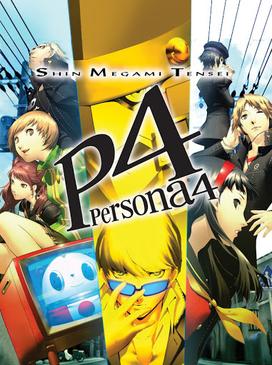
- Image by Gord McLeod via Flickr
When I finished the original Mass Effect not so very long ago, I was in awe of how grand and cinematic the game felt. Knowing then that a sequel was right around the corner, I worried how it could possibly live up to what Bioware accomplished with the first one. I shouldn't have.
Mass Effect 2 takes almost all of the fun that existed in the first game and amplifies it, while eliminating the tedium. In the process, they made quite a few interesting design choices.
The most obvious improvement is with the visuals. It actually looks like they use quite a few of the same models they used in the original game, especially for Shepard, who looks EXACTLY the way you'll remember her (or him) if you played the first. The shaders used to enhance those models are vastly improved, though; I actually gasped when I saw how good the game looks.
Mass Effect 2 plays very much like a shooter. In fact it may actually be more accurate to call it a shooter than a roleplaying game at this point. But don't let that put you off; as good as the shooter part is, they have managed to improve the cinematic quality of the dialogue even further in this installment.
The characters so far (disclosure: I haven't finished playing yet) are extremely well developed, with each getting a considerable amount of "screen time" to be fleshed out beyond generic recruits for your grand mission. Much of this screen time is optional though, a good choice on Bioware's part as not everyone will care about getting to know these people. This is their loss, as they're well worth getting to know.
I do have two complaints about the game. One of my favorite elements of Mass Effect was driving around planet surfaces. The rover you controlled was tricky to learn, but a lot of fun once mastered. It is sadly missing from Mass Effect 2, though my guess as to why is that it eliminates potential frustration at having to drive around a large area searching for minerals and other discoverables.
In Mass Effect 2, you locate minerals by scanning planet surfaces. This is a fine approach and would work well if you spaced it out between missions. I, naturally, failed to do this. COMPLETELY my own fault, and something I regret, as I now need quite a few minerals to complete various upgrade and research projects the game gives you. Unfortunately the process does get very dull when you do a lot of it at once.
Still, these are really minor quibbles with a game that in my book is an early contender for 2010's best.
Related articles by Zemanta
- `Mass Effect 2' role departure for 'Chuck' actress (seattletimes.nwsource.com)
- Get A Good Look At Those Mass Effect 2 Figures [Toys] (kotaku.com)
- Mass Effect 2 Sets Its Sights on the Modern Warfare Crowd [Ces10] (kotaku.com)

![Reblog this post [with Zemanta]](http://img.zemanta.com/reblog_b.png?x-id=820f648d-536a-4370-af6f-544c15d309c3)


![Reblog this post [with Zemanta]](http://img.zemanta.com/reblog_b.png?x-id=b5aa211f-ae02-4254-8a8d-aa0de00918a1)